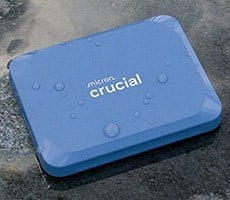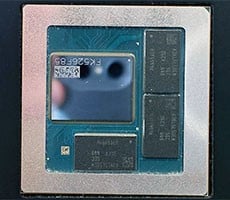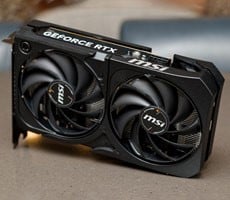NVIDIA GeForce GTX 275 Unleashed
This will no doubt be an exciting day for graphics card aficionados. As we've shown you here, AMD has literally just launched a brand new more powerful, single-GPU based Radeon, dubbed the Radeon HD 4890. However, arch rival NVIDIA has something on tap as well, in the form of the GeForce GTX 275. And wouldn't you know it, the GTX 275 is positioned right alongside AMD's latest offering.
As its name suggests, the new GeForce GTX 275 is based on NVIDIA's 55nm GT200b GPU, which is also employed on the GeForce GTX 295, GTX 285 and some GTX 260 Core 216 cards. The new GTX 275's performance level--as you have probably guessed--is expected to fall somewhere in between the GTX 260 and GTX 285. Where exactly it falls on the performance scale, we plan to show you on the pages ahead...
NVIDIA GeForce GTX 275
|

The core GPU technology employed in the GeForce GTX 275, is essentially identical to the GeForce GTX 280, save for the fact that the GT200b GPU used on the 275 is manufactured at 55nm. As such, we won't rehash the same information we've covered in the past again in this article. If, however, you'd like to learn more about what the GT200, and the GT200B by extension are made of, be sure to check out our coverage of the original GeForce GTX 280 and GTX 260 launch from June of last year. While you're at it, our coverage of the recently released GeForce GTX 295--which also uses the same GPU--is available right here. Reading those two articles will lay all of the foundation necessary to understand what's at the heart of the GeForce GTX 275.
As you can see in the list above, the GeForce GTX 275's reference specifications call for a 633MHz core clock and a 1404MHz shader clock, with 896MB of GDDR3 memory running at 1134MHz (2268MHz DDR). The card sports a 448-bit memory interface and at the clocks mentioned here, it offers total memory bandwidth of 127GB/s. The number of shader cores enabled in the GTX 275 is unchanged from the GTX 285 (240). The card's ROP units, however, have been reduced, from 32 to 28 which will reduce the card's AA and blend processing throughput a bit. The number of texture filtering units enabled remains at 80. Max board power is 219 watts and the card needs a pair of 6-pin PCI Express power feeds to operate. No 8-pin feeds are necessary.







